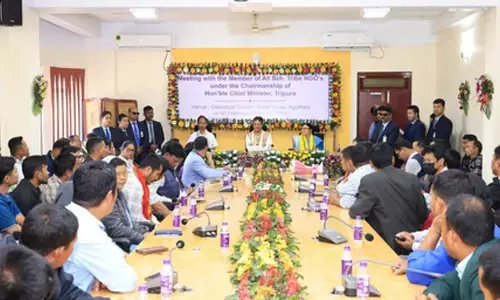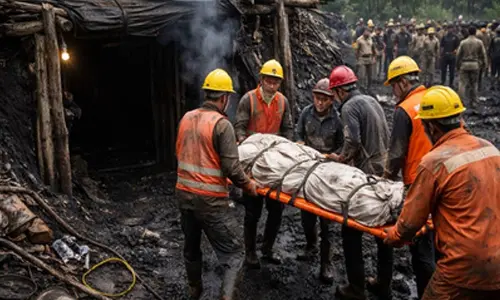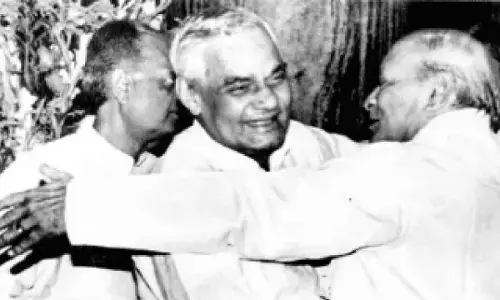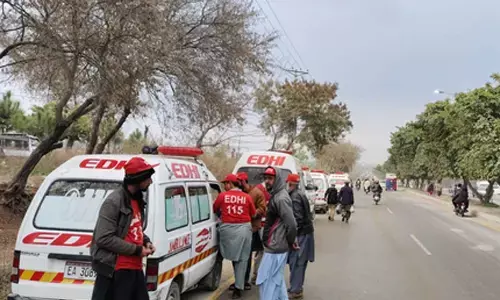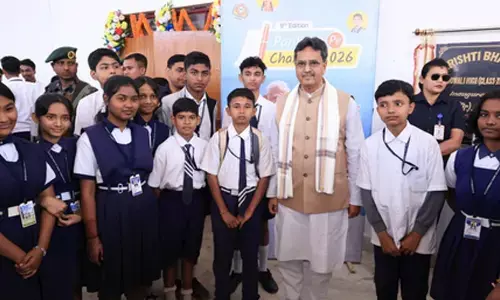Teachers to play critical part in recovery of learning loss for kids
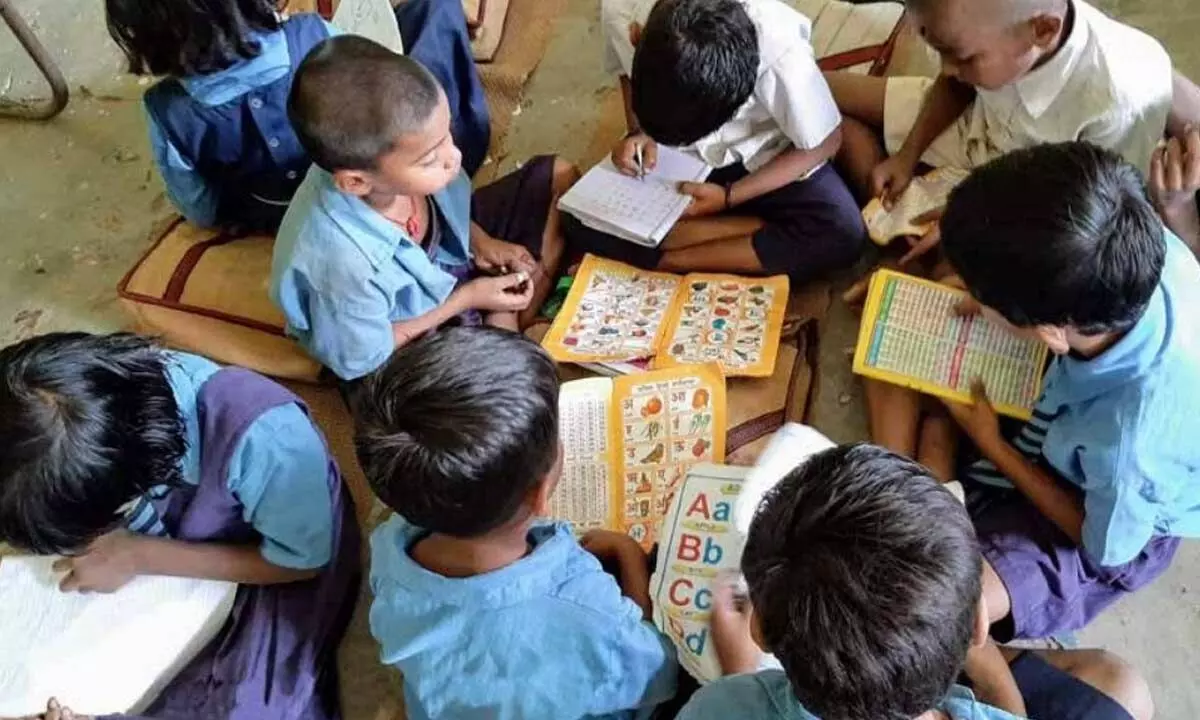
Teachers to play critical part in recovery of learning loss for kids
The Azim Premji Foundation conducted a field study between January and April 2022 covering 108 teachers, as many schools, and 1644 students in Classes 2 to 5 across 41 districts in five states to capture efforts of teachers towards recovery of learning loss due to school closure during the pandemic.
Bengaluru: The Azim Premji Foundation conducted a field study between January and April 2022 covering 108 teachers, as many schools, and 1644 students in Classes 2 to 5 across 41 districts in five states to capture efforts of teachers towards recovery of learning loss due to school closure during the pandemic.
That extensive learning loss has taken place among students across classes and geographies has been made amply clear in earlier studies. Given the centrality of their role, teachers will play the most critical part in recovery of this learning loss. The objective of this study, therefore, was to see if persistent efforts by committed teachers to address learning loss have had some preliminary successes.
The overall findings of the study endorse that continuous high-engagement effort by committed teachers in the public school system does have a positive effect in recovery of learning loss. However, the study also cautions that this is too little, with a significant percentage of students still unable to reach earlier class-level abilities even with such committed efforts. Given the widespread and deep effects of school closure on learning levels of students, the study recommends a more sustained long-term effort by the entire public school system to focus on the recovery of learning loss.
It is heartening that some states have designed and rolled out programmes that encapsulate the essence of these efforts. However, they will need to ensure effective operationalising of these efforts over the next 12-18 months, while other states will have to adapt existing or initiate new programmes to ensure learning loss is adequately addressed.
"The role of teachers is central to tackling the education emergency the country is facing. There has been a staggering loss of learning during the period schools were closed because of covid. The lost learning can be recovered if we work systematically, give it adequate time, and provide teachers appropriate support. There is nothing more important than this in education today," said Anurag Behar, CEO, Azim Premji Foundation.
The key findings during the 8-10 weeks of the study period, teacher efforts were captured through classroom observation and interview.Over 89 percent of teachers were observed helping students return to school and classroom routines by making space for students' narratives and experiences. Others reported using games and activities through the dayand paying personalised attention to newly enrolled students.
While some classrooms were multi-grade, even single-grade classrooms had students at widely varying levels of learning. 72 percent of teachers were seen to divide students into logical learning groups, using a differentiated approach for materials, activities and pedagogic techniques. Teachers also reported making learning opportunities available for students beyond school hours through community-based group projects and worksheets.
In the classroom, 81 percent of teachers encouraged students to use the local dialect and made conscious efforts to connect discussions with the home language of the students. Teachers also relied on a variety of teaching-learning resources, including worksheets, library books, contextualized local teaching-learning materials (TLMs) and charts, to enable students to engage better with foundational abilities in language and mathematics. Around 38 percent of teachers were observed to use multiple tools for assessment, including self and peer assessment, in the form of worksheets, group discussions, role play, class work, home assignments, observations, project work, in oral, written and mixed modes. Teachers also reported a specific focus on each student during such assessments.
While in no way attempting to establish a simple causal relationship, it is clear overall that the efforts of teachers included in the study have had some impact on learning recovery, although much work is still required. Also, it may be recalled that the abilities assessed in this study are from the previous two classes (with the exception of class 2) and not class-appropriate abilities. Even as students are now in the process of moving to the next class, they are still not proficient in the abilities of two classes below. In other words, hardly anything has been learnt in the past two years, and if we go on with a business-as-usual attitude, the loss of learning will soon be insurmountable.








